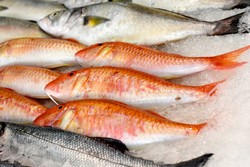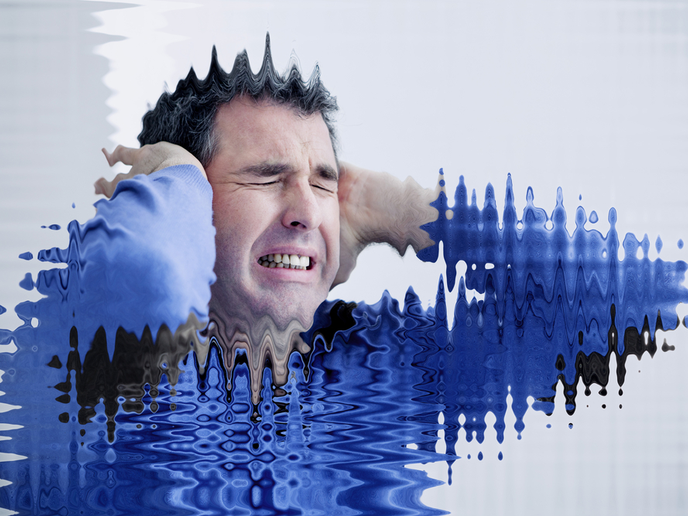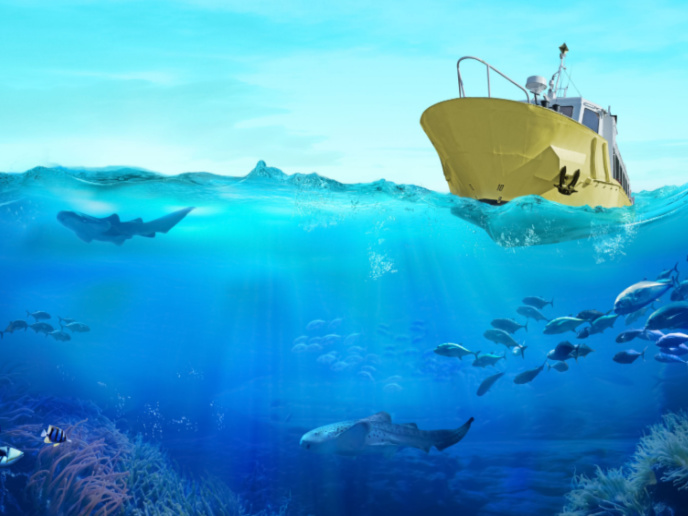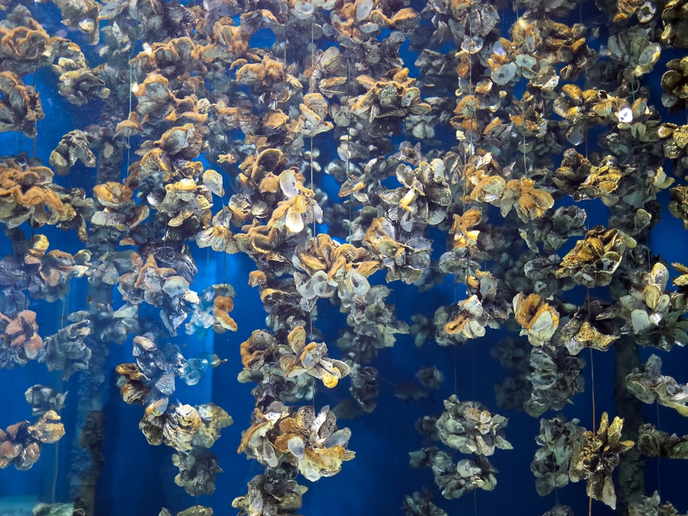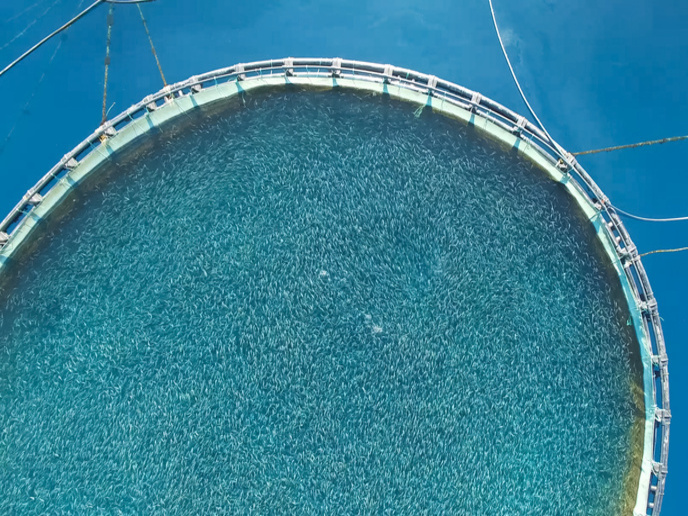Safer fish products for consumers
The aim of the PARASITE (Parasite risk assessment with integrated tools in EU fish production value chains) project was to provide new scientific evidence and technologies to detect, monitor and mitigate zoonotic parasites. These mainly involve anisakis nematodes, but also trematode metacercariae flatworms, which can be found in European and imported fishery products. Project partners conducted a quantitative risk assessment of parasites in fishery products, from net to plate, in EU fish production value chains. The epidemiological study represented the most comprehensive compilation of epidemiological data on anisakis to date, in terms of geographic range, number of host species and sample sizes. These studies provided extremely useful information for improving the fish industry’s operation strategies designed to control the threat from parasites. They also provided the scientific framework for conducting official veterinarian inspections and guaranteeing the quality and safety of fish products for consumers. Tools were developed to manage traceable and high-quality storage samples for use in diagnosis, trials and experiments. Researchers also created a biobank for zoonotic parasites in fishery products and a computer-aided epidemiological geo-referenced database for zoonotic parasites in fish stocks and products marketed in Europe. The project has also contributed to road-mapping future research and helped to establish a collaborative EU scientific network on the role of parasites in marine ecosystems. It notably addressed parasite species of significant economic and public health concern. PARASITE findings suggested improving molecular hazard identification, antigen/allergen characterisation, parasite exposure assessment and detection methods for industrial and other end users. It will contribute to enhanced seafood safety with subsequent benefits for public health and consumer confidence. It will also boost the competitiveness of European seafood and improve EU food safety policies.
Keywords
Zoonotic, seafood, PARASITES, anisakis, metacercariae



